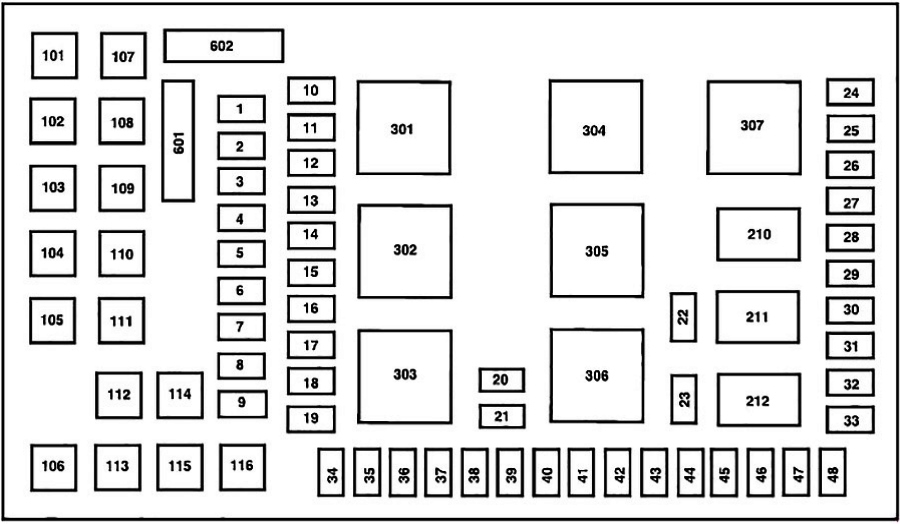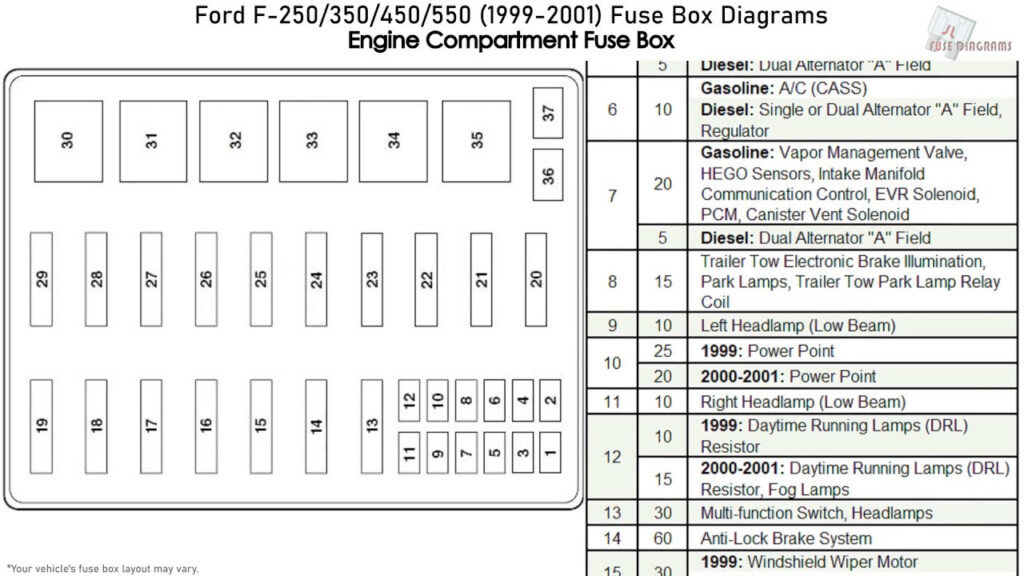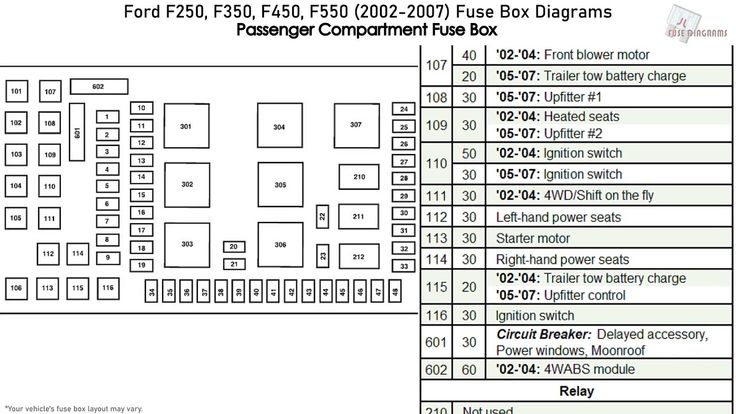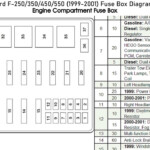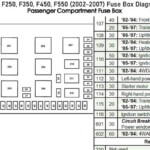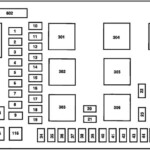99 F450 Fuse Box Diagram – Diagrams of fuseboxes are crucial in understanding and troubleshooting the electrical systems of your home or vehicle. These diagrams show the function and arrangement of circuit breakers and fuses that safeguard circuits. This guide will help you to understand fuse box diagrams, including symbols and typical troubleshooting techniques.
Types of Fuse Box Diagrams
A fusebox diagram is an important tool for electrical work and home repairs.
Diagrams for fuse boxes are found in various settings, including residential and automotive buildings. Here are two typical types.
A. Automotive Fuse Box Diagrams. These diagrams are specific for vehicles and show the circuits or fuses that control elements like headlights, engine control module, and audio systems. These schematics can be found in the owner’s manual of your vehicle , or on a label in the fuse box.
C. Home Fusebox Diagrams: Also known as electrical panel diagrams or schematics for the home fuse box they show how circuit breakers and fuses are laid out in an electrical system. They can be located near or inside an electrical panel door. They serve as documentation for homeowners regarding their home.
Understanding Fuse Box Diagram Symbols
Diagrams of fuseboxes represent the various components of an electric system. These icons are typically used:
- Fuses: Small rectangles with numbers inside, indicating the amperage of the fuse
- Circuit Breakers: A symbol that resembles a switch that represents a safety device with a resettable
- Ground: It appears to be an inverted “T” with a horizontal line representing electrical ground connection
Common Fuse Box Troubleshooting
If you are confronted with electrical troubles, these steps can help in identifying and resolving the issue:
- Step 1: Recognize the issue
It is important to first determine which component of your vehicle or house’s electrical system is not functioning properly. It could be a light or outlet in your home; or an automobile function, such as radio or air conditioning in your vehicle.
- Step 2 – Locate the appropriate fuse
Utilize the diagram of the fuse box to find the circuit breaker or fuse which is linked to the malfunctioning item. These are usually labeled either with a description, or a symbol.
- 3. Make sure the fuse is working and replace it:
It is recommended to remove the fuse or disable the circuit breaker and examine the fuse for evidence of damage. Replace the fuse with one of similar amperage or reset your circuit breaker , if necessary. To ensure that the part is operating properly, test it.
Conclusion
The most important thing to know when you are dealing with electrical problems at either at home or in cars is understanding fuse box diagrams. These steps can help you quickly and safely find and fix the most common issues to ensure your electrical system remains functional and secure.
